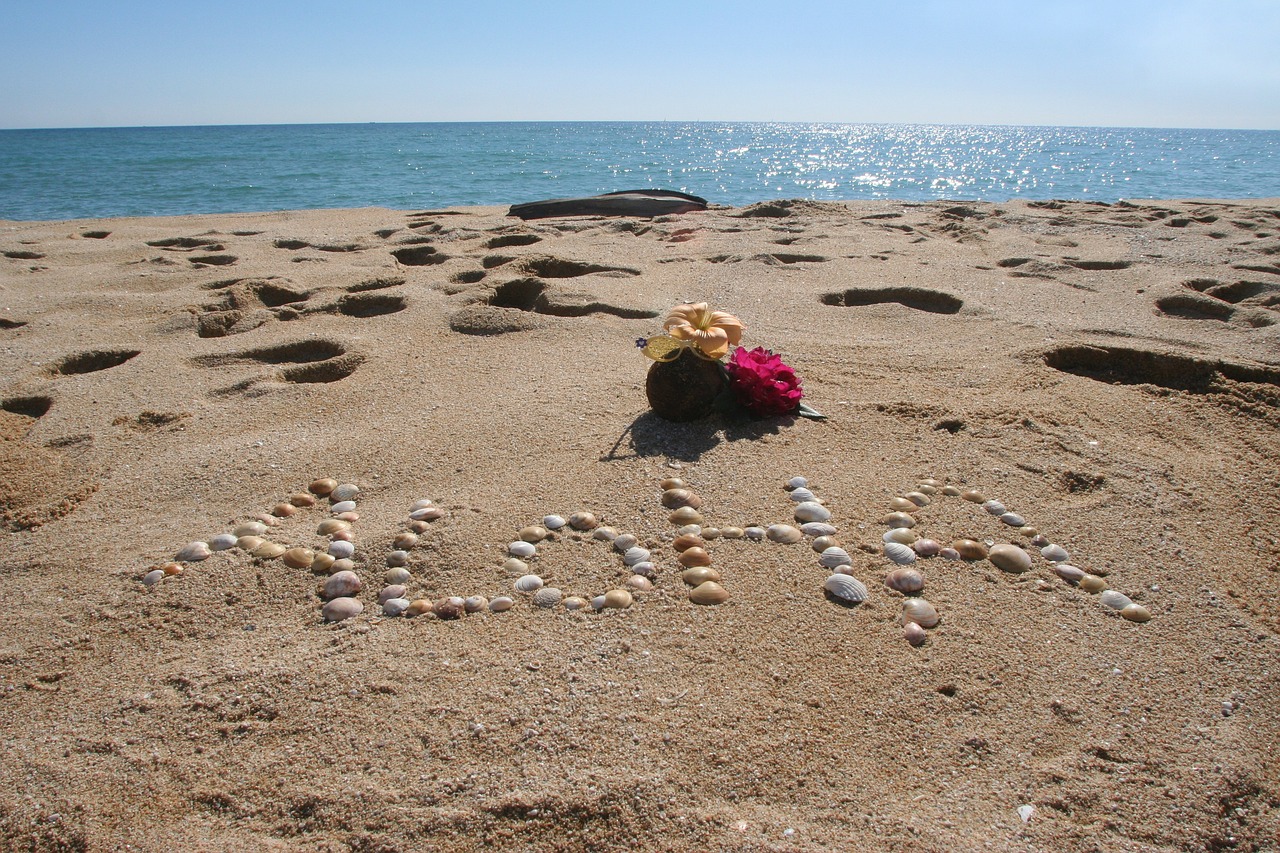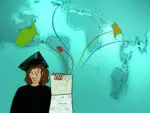Since the COVID-19 pandemic has slowed, tourism in more nature-oriented, secluded places has spiked. Destinations like Hawaii, Costa Rica and Zimbabwe, where tourism is the main source of revenue for the state or country, have taken on more tourists than ever. However, the local infrastructures are incapable of handling this surge in visitors. In Hawaii, state reliance on the tourism industry has resulted in environmental and social devastation. Native Hawaiians and yearlong residents are being forced out of their homes due to climbing prices driven by an increase in demand from visitors. Even though this boom in tourism is profitable for the Hawaiian economy, it isn’t as rewarding for locals.
In 2021, Hawaii experienced a drought during which residents were asked to reduce their water consumption and avoid unnecessary water usage This meant avoiding watering lawns or running dishwashers that weren’t full. Large resorts, which are predominantly owned by non-Hawaiians, disregarded the conservation efforts and continued using well above their allotted amount of water for the comfort of their guests. This placed an even heavier strain on the residents of the state. Increased tourism results in increased carbon emissions due to a higher volume of flights and a higher demand for resources from hotels, resorts, restaurants and rental car companies. This is detrimental to the natural attractions within the state. Hawaii is known as “the extinction capital of the world” because of the rapid decline in plant and animal species on the island.
Aside from the destruction of natural resources, Native Hawaiians also suffer from the exploitation of their culture at resorts and attractions. Most tourists do not take the time to educate themselves about Hawaii’s history and culture, and instead expect the commercialized version of Hula dancers and ukulele players. Conversely, in New Zealand, the Māori people are culturally protected by the government, giving them control over the representation of their culture for visitors. This may be a good model for the future of native Hawaiians, as it affords them the opportunity to choose when and how they share their history and culture.
Irresponsible and exploitative tourism is an issue that exists all over the world, especially in destinations with economies that rely on tourism. This is especially true in places where cultural practices vary from those of the majority of visitors. Ecotourism, a term developed by the United Nations, encourages traveling responsibly to promote the conservation of the environment, sustain the well-being of locals, and educate visitors. The goals of ecotourism include building environmental and cultural awareness, encouraging respect, minimizing the physical, psychological and social impacts of tourism and producing economic gain for local communities. This model for environmentally and socially sustainable tourism can and should be adopted by all who are capable of it when traveling far from home. Tourism is not about exploiting locals for the best possible beach trip or molding a destination to fit previous expectations. It’s about learning about the environment, culture and history of a place through first-hand experience.
Here are three key tips travelers can follow in order to have a more enjoyable and sustainable trip:
1. Research the Destination Before Departure
Tourists visiting a foreign place have the responsibility of understanding the history and cultural practices of their destination before leaving home This can prevent harmful mix-ups or disrespect for residents during travel. Background knowledge will also enrich the trip when travelers understand the significance of the historical and cultural sites they plan to see. In researching hotels, transportation and excursions beforehand, tourists will learn how to make the most out of their experiences.
2. Avoid Traveling During Peak Season
Peak season can result in overcrowded restaurants, hotels and attractions, forcing locals to suffer through long hours, low wages and increased foot traffic in their homes. High volumes of people visiting natural attractions can deplete natural resources. Avoiding peak season can save tourists money and rebuild the reputation of tourism for locals. As students, it’s often difficult to find time to travel outside of peak season, which is typically during the summer months. If peak season is unavoidable, keep an eye on peak hours for restaurants and attractions. Eating dinner a little later or going on an earlier excursion helps travelers enjoy a more pleasant experience without as many crowds. It also helps to spread the traffic and congestion out for locals.
3. Don’t Geotag
When posting beautiful pictures from your most recent trip, you may want to avoid geotagging the exact location. A general “Dominican Republic” or “Tokyo” will do. Although it may seem contradictory not to attribute credit to stunning environmental landscapes, hikes or monuments, pinpointing these locations on social media can make them trendy. This trendiness may lead to increased foot traffic at certain attractions, which can deplete resources and potentially ruin a once beautiful sight. It can also be dangerous. Sometimes, visitors ignore warning signs if weather conditions don’t permit swimming, hiking or walking in certain areas, which can result in death or harm to the visitors and a diminished reputation for the destination.
Change in the tourism industry begins with individual travelers. Being conscious of ourselves and our surroundings when traveling is just the beginning of traveling responsibly. Appreciation for the local history and culture should be the top priority when visiting a foreign place. When tourists understand that they are visiting someone else’s home when they leave theirs, they can avoid accidentally exploiting locals and capitalizing on valuable resources during their next adventure.

















